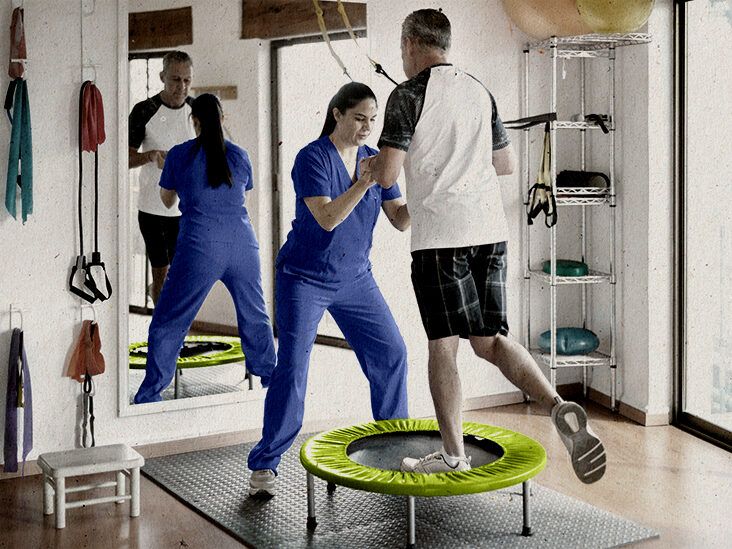Empowering Healing Via Cardiovascular Physical Treatment in the Process of Post-Operative Recovery
Empowering Healing Via Cardiovascular Physical Treatment in the Process of Post-Operative Recovery
Blog Article
Cardiopulmonary physiotherapeutic therapy serves a crucial role in helping individuals recover after surgery, especially for those who have undergone procedures affecting the heart and lungs. Recovery from an operation can be a difficult journey, frequently accompanied by discomfort, exhaustion, and limited movement. Yet, with the appropriate strategy and assistance, individuals can restore their vitality and enhance their general health. This type of therapy concentrates on enhancing the function of the cardiac system and lungs, which is crucial for a favorable healing.
One of the primary goals of cardiopulmonary physical therapy is to improve heart and lung endurance. After surgery, patients may experience decreased stamina, making daily tasks feel more tiring. Through a meticulously planned exercise program, therapists assist individuals in incrementally boosting their physical activity levels. This may include activities such as walking, bicycling, or targeted respiratory exercises. These activities not only help build strength but also boost respiratory capacity, which is vital for guaranteeing that the body gains enough air.
Moreover, cardiopulmonary physical therapy emphasizes the importance of breathing methods. Many post-operative More Help patients may struggle with deep respiration due to discomfort or restricted movement. Physical therapists teach individuals how to execute deep respiratory activities, which can facilitate increase the lungs and clear out any mucus that may have accumulated during the healing process. Proper breathing techniques are crucial to prevent issues such as pneumonia, which can occur if the pulmonary system are not operating optimally. By focusing on these methods, individuals can improve their recovery and general lung health.
Another critical component of this type of treatment is education. Therapists provide valuable insight about the recovery process, including what patients can anticipate during recovery. They explain how to recognize danger signs that may signal issues, helping individuals feel more in control of their well-being. Understanding the role of physical activity in healing allows individuals to assume an engaged part in their healing journey. This empowerment is essential for fostering self-assurance and encouraging a constructive outlook during recovery.
In conclusion, cardio-pulmonary physiotherapeutic treatment is an essential aspect of post-operative rehabilitation for patients undergoing heart and lung operations. By concentrating on enhancing heart and lung endurance, instructing respiratory methods, and offering education, physical therapists enable individuals to take control of their healing. This specialized treatment not only assists in bodily recovery but also supports emotional well-being, making the journey of recovery smoother and more manageable. With the appropriate support and direction, patients can successfully regain their strength and return to their daily lives.